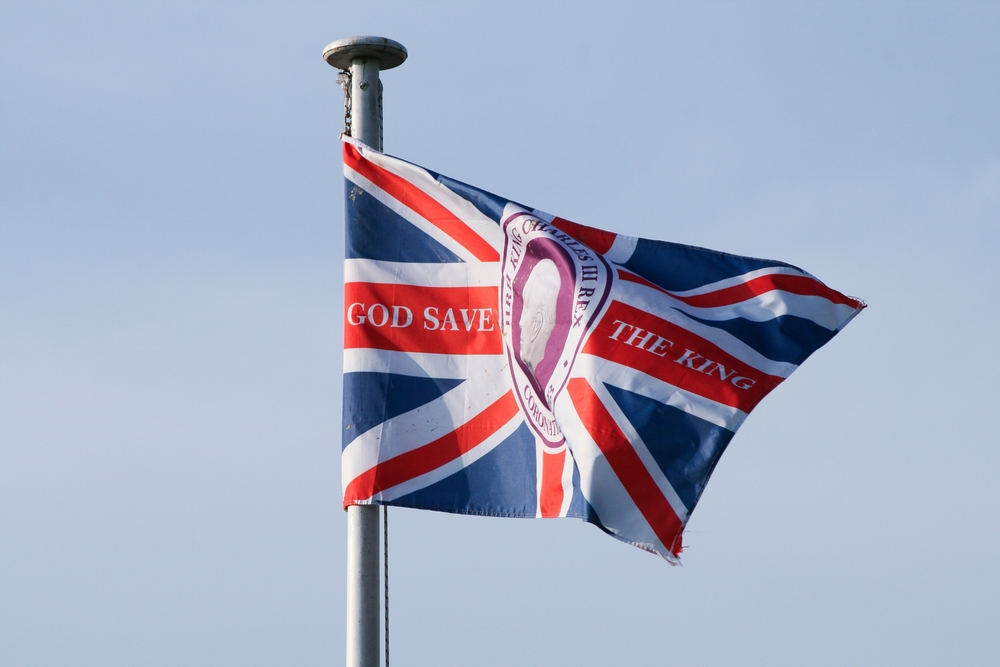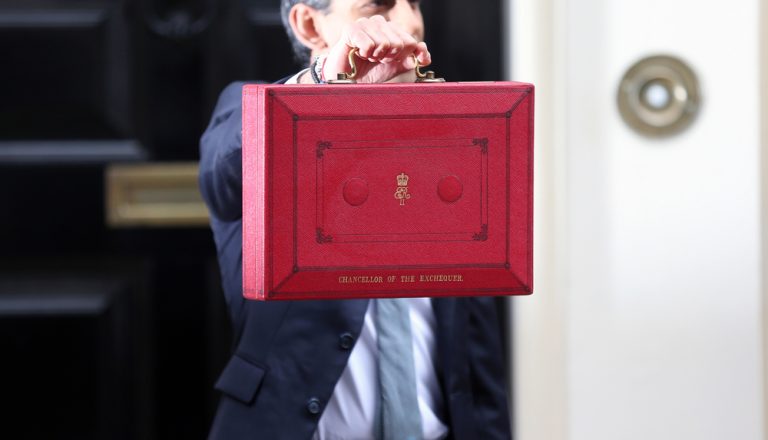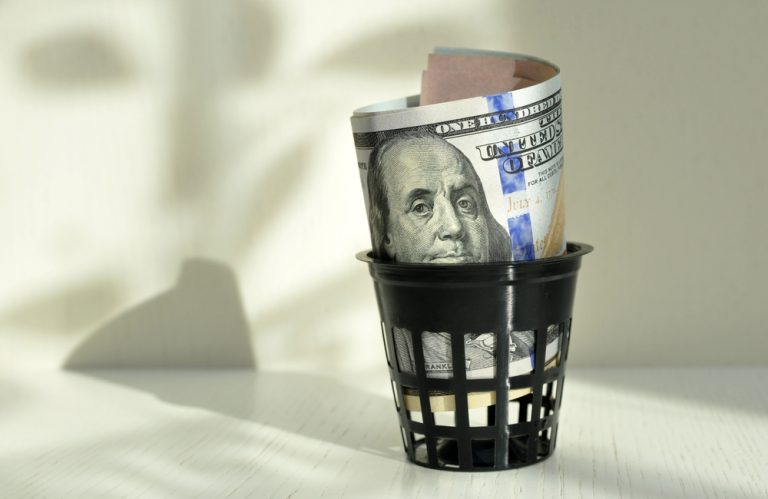
The coronation of Charles III: expensive and sad for Britain’s future
The coronation of Britain’s new monarch, Charles III, took place on May 6. Last fall, after the death of his mother Elizabeth, we wrote that many negative events around the country may well make this coronation the last in history. The events of the past six months, associated with a severe economic crisis in Britain, have only increased these worries. To be sure, the de facto ruler and Prime Minister, Rishi Sunak, bore primary responsibility for what was happening, but the position of king is symbolic, and now symbolized all the troubles of the British in a very significant way. Against this background, Coronation Day began demonstratively with a wave of arrests. The police detained the leader of the republican movement of the country advocating the rejection of the monarchy. Megaphones and posters were taken away from the Republicans, and green activists from the Just Stop Oil movement were also detained.
However, there were still many thousands of Republican protests in London. They chose the Charles I monument as the center of the gathering, hinting that Charles III could meet a similar fate. For the sake of justice, his head is unlikely to be cut off now, but they threaten to take away the crown in the future quite realistically. The proportion of republicans in British society has grown noticeably over the past 10 years and they now number about a third of the population, which is already a significant minority. Mostly the older generation is a monarchist, while more than half of young Britons are already questioning the necessity of preserving the monarchy. During the reign of Elizabeth II, the question of abandoning the monarchy was rarely raised because she was extremely popular in society. Just before her death, the level of support for Elizabeth II reached 85%. This is where Charles III has a problem, because he is much less popular than his mother. Even now, at the time of his coronation, the new monarch’s approval rating hovers around 50%, which is not comparable. In addition, many scandals are affecting this. Just recently the connections of Charles III with Qatari sheikhs who were supplying him with suitcases full of cash have been revealed. This is despite the fact that the official income of the royal family is growing at a record pace, and the value of its properties has already exceeded 17 billion pounds. Against the background of economic problems and strikes, this hardly adds to the sympathy of the royal family, and may call into question the future of the monarchy in its current form.

It is worth noting that the cost of Charles III’s coronation reached a record 100 million pounds. This is several times the cost of his mother Elizabeth II’s coronation, even taking into account inflation, although the ceremony in 1953 was larger than today’s. It was necessitated by the need for a dramatic increase in security amid a 30% rise in crime in London in recent years. But the police on Coronation Day mostly fought peaceful demonstrators who had been beaten for participating in anti-monarchist rallies. However, for the royal family such spending is quite affordable, as now they receive 107 million pounds a year from the state treasury for their out-of-pocket expenses. Moreover, payments including indexation for inflation rose by as much as 56% since 2012. This does not take into account the royal family’s own income: for example, they receive tens of millions of pounds annually from renting houses in their own villages. In the near future, the royal family can still count on a billion pounds a year by leasing their land for wind farms. Charles III is an ardent supporter of the “green agenda,” and will make good money from it. But such abundance raises more and more questions in a society tormented by two years of inflationary crisis, when both real incomes are falling and 20-30% of Britons are on the brink of impoverishment every winter. The former British possessions are even more actively demanding that Charles III pay reparations for colonialism. Therefore, after the lavish coronation we will definitely have to cut back on spending, otherwise the royal family may not be waiting for the brightest prospects.
Against the background of the reparation demands of the former colonies on the eve of the coronation of Charles III, there was a growth of republican sentiment in the British Commonwealth as well. Thus, in Australia and Canada, most residents are already ready to leave the British crown: immediately after the death of Elizabeth II, anti-British protests already covered Australia, where they demonstratively burned British flags. In 2021, Barbados was already breaking with the British monarchy. China played a major role in this, adding the island to the One Belt, One Road initiative and replacing the old British money with its investments. In the future, Antigua and Barbuda and Jamaica are planning to hold referendums on secession from the British crown. China is also influencing this, pushing London out of its old colonies. But the most painful blow for the Crown could be a potential break with the crown of Papua New Guinea and the Solomon Islands. These states have been in an economic alliance with Beijing since 2019, and the Solomon Islands are already denying U.S. warships access to their ports. In case China manages to squeeze out the British agents of influence, they can enter into a political-military alliance with Beijing, with the placement of Chinese bases, which will dramatically strengthen the position of China in the great confrontation with the U.S. in the Pacific. So the “empire” of Charles III is already crumbling today. One can dismiss this by saying that the British Commonwealth has long been a formal organization, and Britain is already far from colonialism in every sense of the word. Still, these events are revealing when you add to them the zeal for independence of the now very close Scotland. With such economic and political “successes,” the most serious protests could begin in England in the next 10 years.

